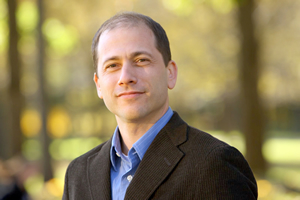Sharing Data
More researchers are making their data, calculations and reasoning public, which makes it easier for other scientists to find weaknesses (and understand strengths). Public data also advances science, allowing other scientists to run fresh analyses and seek new insights. U of T’s Structural Genomics Consortium has gained global recognition for its open-data policies.
Preregistering Experiments
The Center for Open Science in Charlottesville, Virginia, and other organizations encourage researchers to document their experiments before they begin. “U of T is out in front on this,” says U of T psychology prof Elizabeth Page-Gould. “The Center for Open Science released data on which universities have the most preregistrations, and we’re number two in the world.”
Addressing Institutional Bias Toward Positive Results
Academic journals still want highly cited papers, which tend to feature positive results. University employment, research funding, and tenure also tend to favour positive results over negative. Vivek Goel, U of T’s vice-president, research and innovation, says many important cultural changes happen at the departmental level through hiring decisions and mentoring styles. “That researchers and departments are showing leadership to ensure there is as much rigour and reproducibility as possible is really important.”
Funding More Replication Studies
Perhaps unsurprisingly, there’s little funding available for researchers seeking to confirm existing discoveries. But Brian Nosek, co-founder of the Center for Open Science, says testing replicability wouldn’t actually cost that much. “We can be selective in what we test for replications,” Nosek says. “Only a very small subset of research has a major impact that changes the direction of a field.”
Recent Posts
People Worry That AI Will Replace Workers. But It Could Make Some More Productive
These scholars say artificial intelligence could help reduce income inequality
A Sentinel for Global Health
AI is promising a better – and faster – way to monitor the world for emerging medical threats
The Age of Deception
AI is generating a disinformation arms race. The window to stop it may be closing




